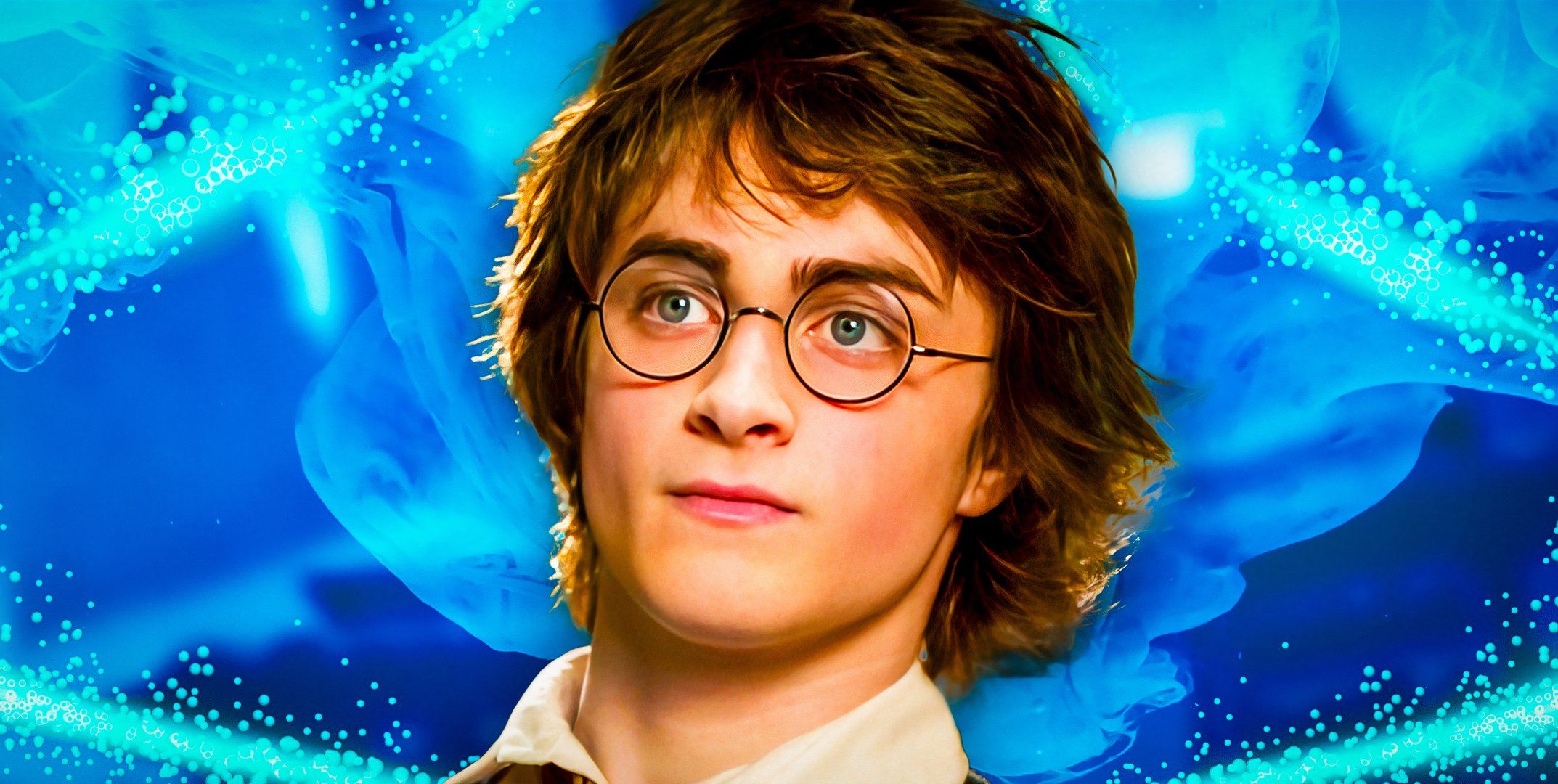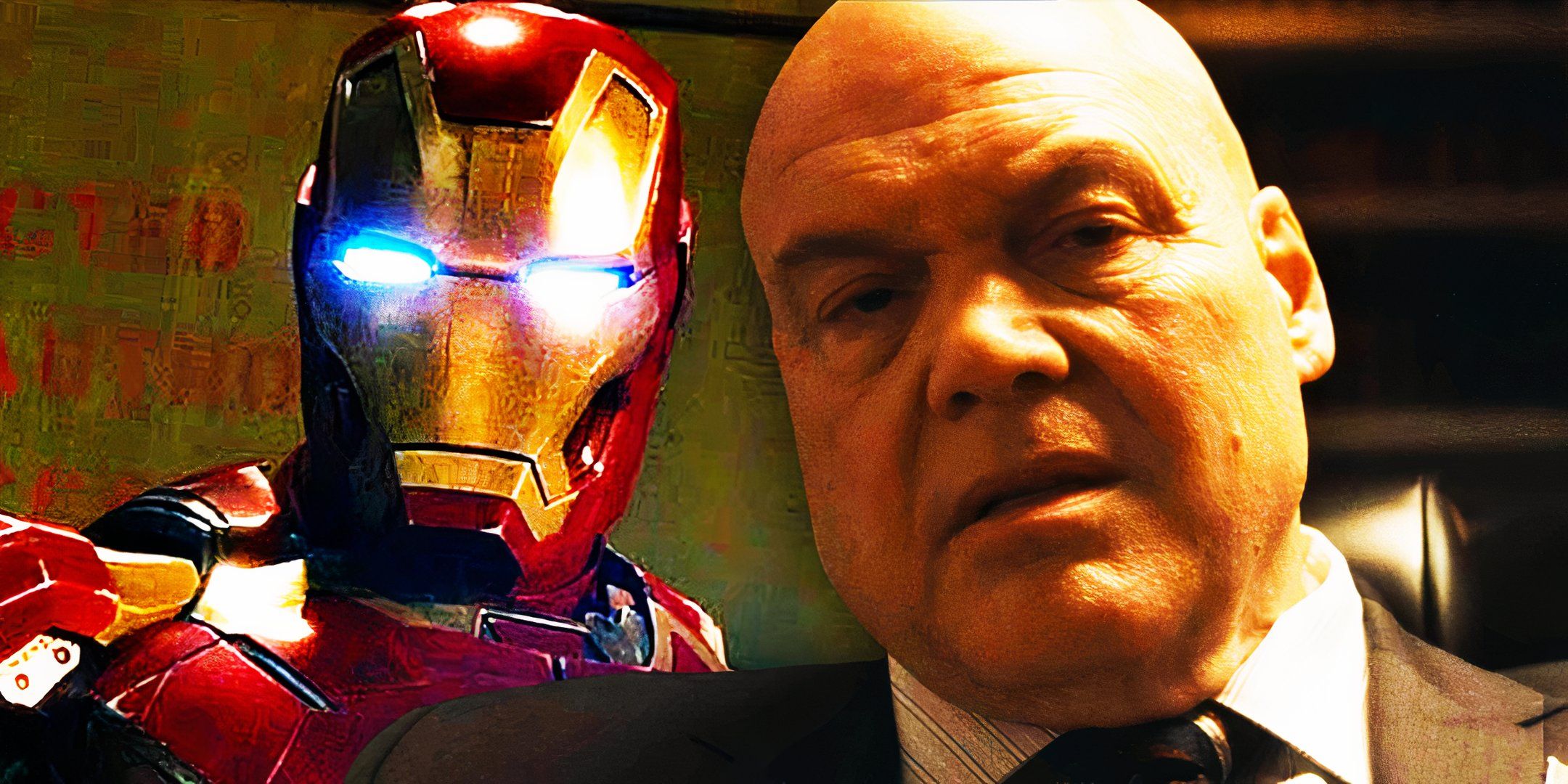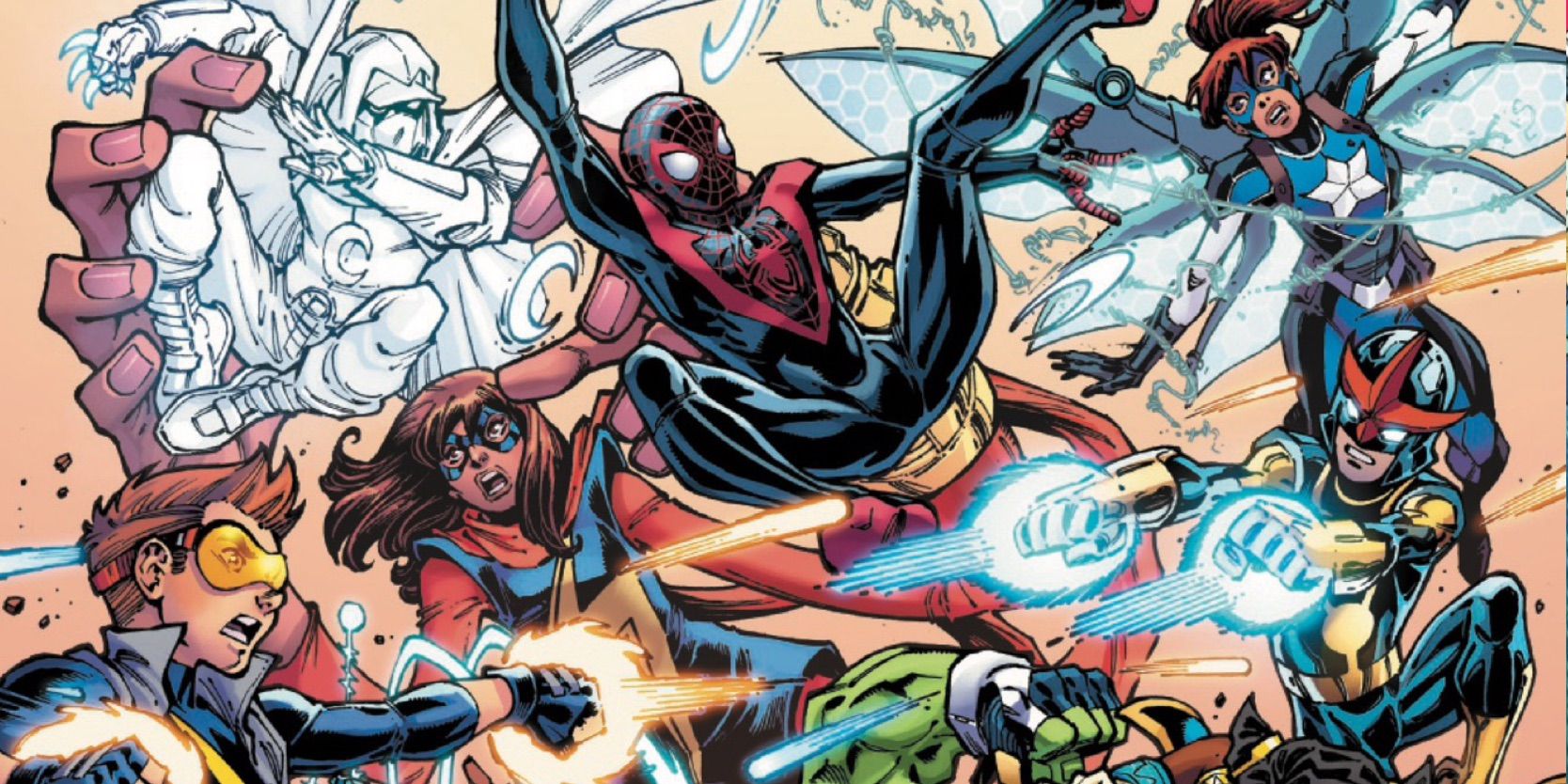This Harry Potter & Goblet Of Fire Scene Is So Much Worse Once You Know Its Ending
Summary Moody's fake support for Neville turns sinister once the teacher's real identity as a Death Eater is revealed.
Neville's tragic backstory adds depth to the series, but should have been explored further.
Neville's disturbing dynamic with Moody demonstrates the difficulty of truly moving on from trauma, especially when others exploit it.
Harry Potter and the Goblet of Fire features a scene that's made even more heartbreaking when looking at the full context. The fantasy series is famous for enchanting plot twists that change how readers view the story, as if drawing upon the same magic employed by Harry at Hogwarts. While these reveals add to the franchise's adventurous tone, some also expose more intimate sides of Harry Potter characters, such as a scene in The Goblet of Fire that gives readers greater sympathy for an already pitiful person.
While J.K. Rowling may have made some mistakes with the fourth novel in the Harry Potter book series, it contains so many series-defining moments that are worth revisiting years later, oftentimes with readers noticing new elements that reveal nuance in scenes that seem ordinary upon first glance. The novel focuses on Harry Potter's fourth year, during which he and a select few compete in the Olympics-like "Triwizard Cup." People around Harry help him win the tournament, such as "Mad Eye" Moody, a professor who is later unveiled to instead be Barty Crouch Jr., a Death Eater who worsened the lives of some of the very students in his class.
Related Harry Potter: The 15 Most Powerful Patronuses, Ranked The strongest Patronuses are used in Harry Potter not only to ward off Dementors but for communication too.
Harry Potter & The Goblet Of Fire's Neville & Moody Scene Is So Much Worse After Its Ending
Moody's Moral Support Turns Sinister Once You Realize He Destroyed The Boy's Family
Neville gets upset when Moody demonstrates the Cruciatus Curse, the exact spell Barty used to torture the boy's parents. After realizing that Neville is a Longbottom, Moody invites the boy to talk after class, complimenting his Herbology skills and lending him books on the subject. Once readers realize that this Moody is really Barty in disguise, the moment is tainted by the phony professor's ulterior motives. One of the very Death Eaters that drove Neville's parents to insanity, Barty only praises the boy's Herbology talents as Moody because he wants Neville to help Harry in the tournament.
The Harry Potter Books Should Have Dug Deeper Into Neville's Trauma
Neville's Tremendously Tragic Backstory Would Enrich The Entire Series
Close
Neville's parents, Alice and Frank Longbottom, were Aurors and members of the Order of the Phoenix before being captured by Voldemort's Death Eaters. After the pain of facing The Cruciatus Curse, the two must live in a wizard hospital and cannot even remember their own son.
From his broken family to his inferiority complex, there are numerous sad things about Neville Longbottom, yet the books fail to fully feature Neville's struggles. Neville's triumphant stance against Voldemort in the finale would have felt more rewarding if Rowling had spent more time beforehand delving into the boy's psychological scars. Given that he had the potential to become the chosen one instead of Harry, greater exploration of Neville's arc would have given proper space to the more relatable "boy who lived" persona without the legacy that Harry benefits from throughout the books.
Although Harry and Voldemort’s connection gets more attention, Neville's disturbing dynamic with fake Moody is just as chilling due to the fraud's manipulative intentions from the beginning. The fact that Barty knows his role in abusing Neville's parents but still makes extra effort to prey on the boy's insecurities spotlights the endless extent of evil. The moment also highlights the depth of Neville's damage, a character element that deserves better recognition. Overall, the scene speaks to how easily vulnerability is exploited, but also how those with Neville's level of trauma must constantly confront it, even when pursuing a better future.











COMMENTS